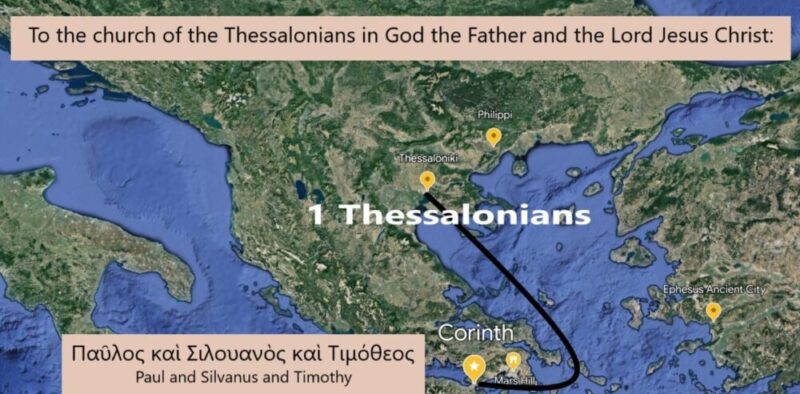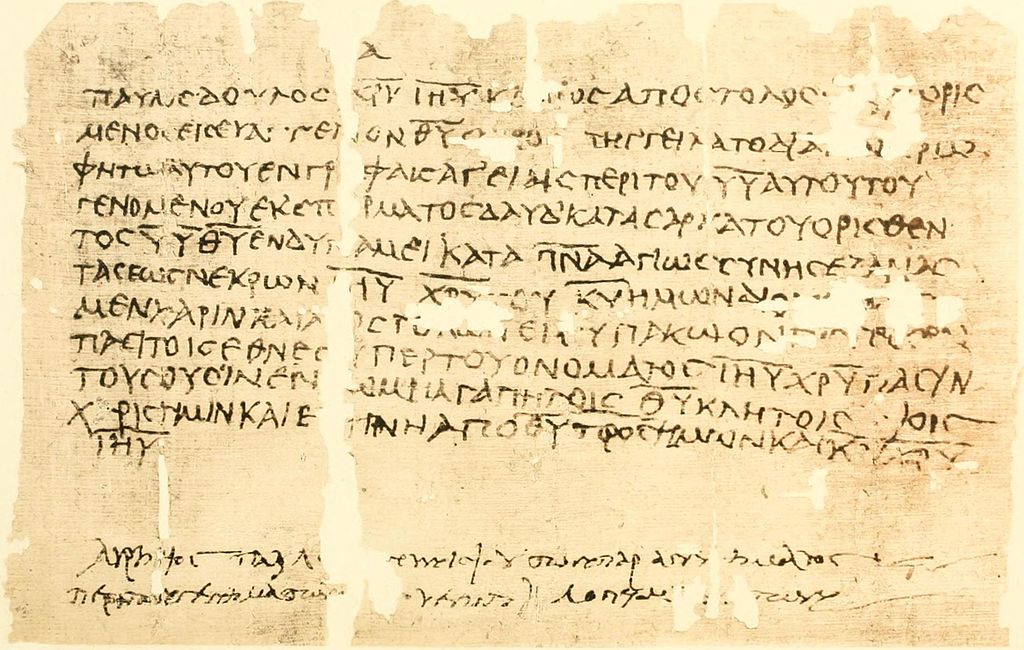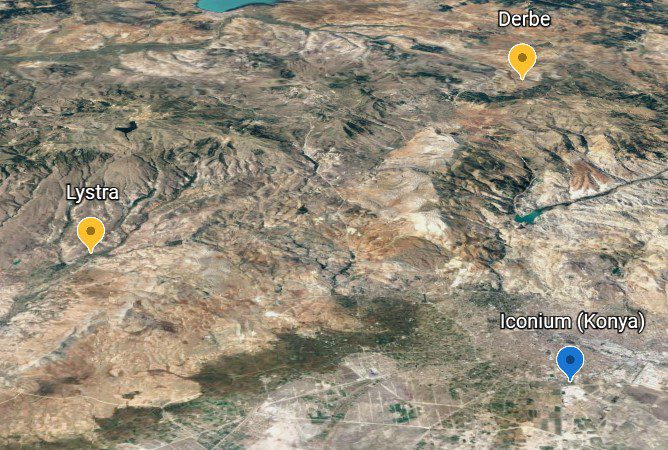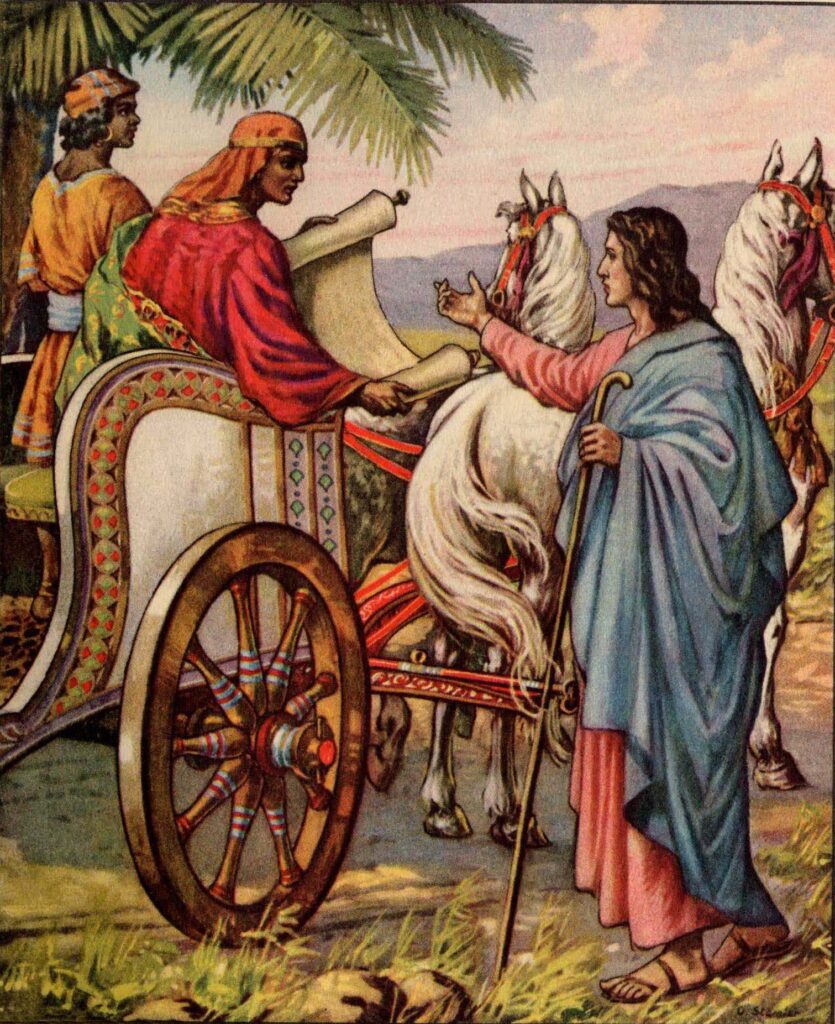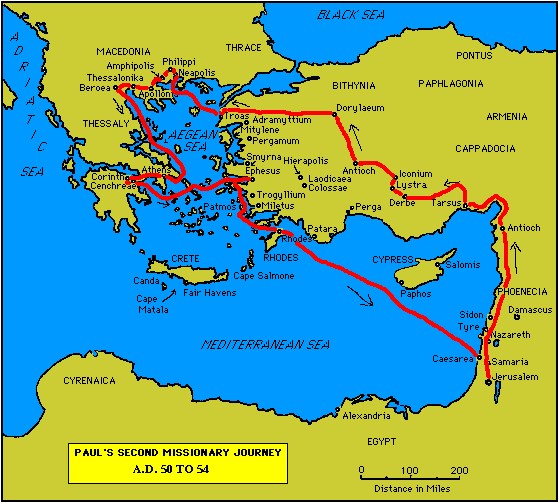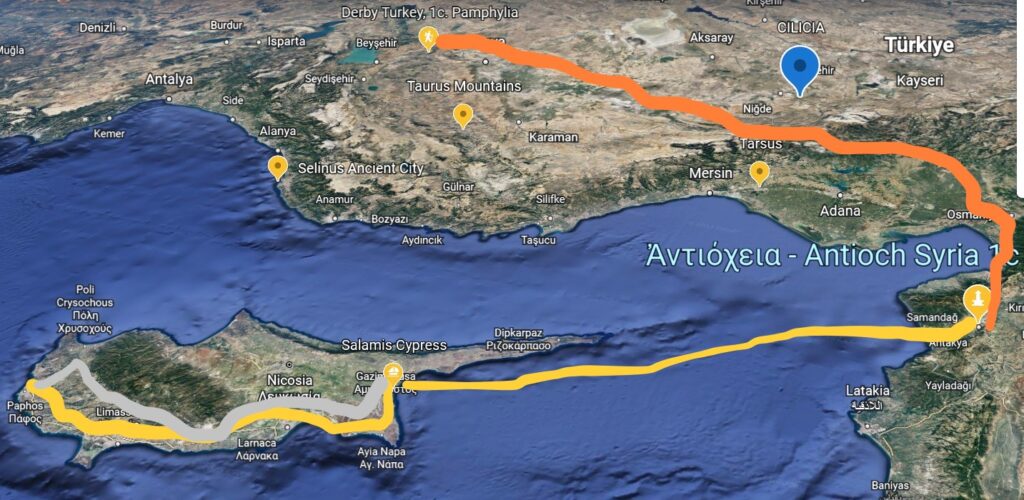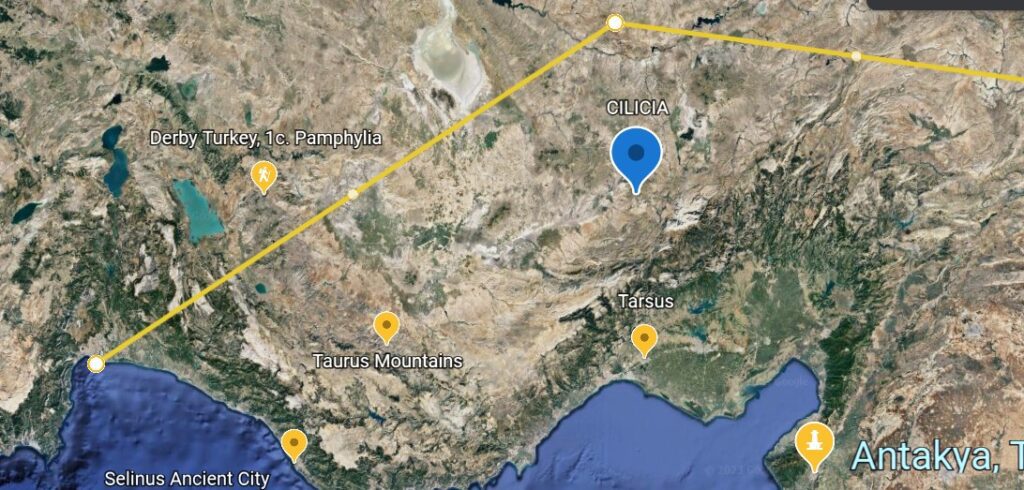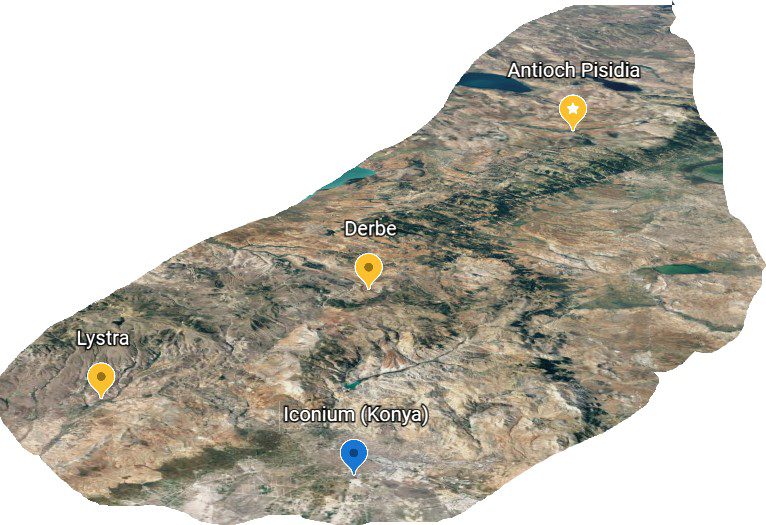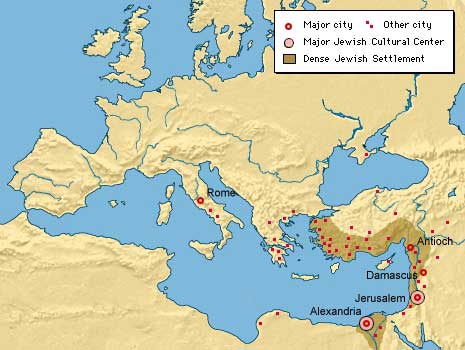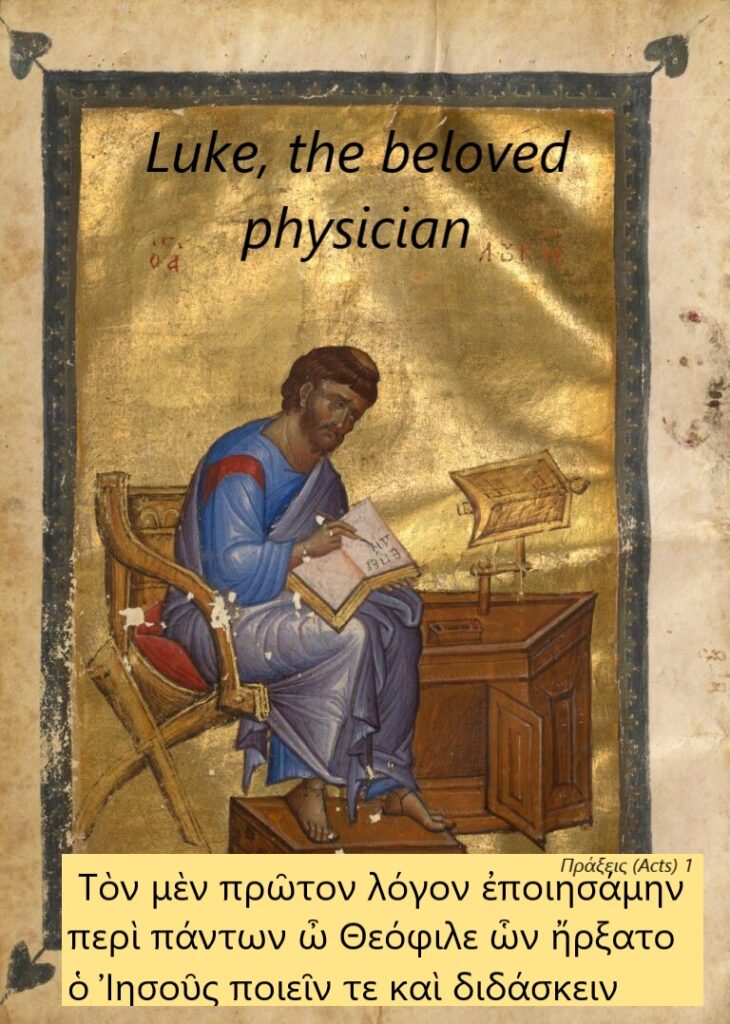WHAT IS SANCTIFICATION and WHY DOES IT MATTER?
Walking instructions to please God more
SOUNDS LIKE GOOD FATHERLY ADVICE, doesn’t it?
Allow me to tell you a story about a letter.
ONCE UPON A TIME there were some gentile pigs (as Jews supposed them to be) who having fled their straw and stick houses to a brother's brick-built house where these young believers thought they were safe from the enemy. BUT did some young saint slip out through a wider door of their former sins? And won't the unclean pig only to be barbecued by the enemy? Paul, a father of these tender believers, knows that the enemy may deceive them.
The apostles Paul and Silas have recently received good news about the Thessalonians from Timothy.

ἀπόστολος – Apostles of Christ
and communication with the Church
1 Thessalonians 3: .. we were willing to be left behind at Athens alone, 2 and we sent Timothy, our brother and God’s coworker in the gospel of Christ, to establish and exhort you in your faith..
BEFORE Paul’s speech to the idol worshipers of Athens — BETWEEN the two missionary journeys (the first with Barnabas and this with Silvanus) — the risen Jesus sent out JEWS and GENTILES with clarification of the GOOD NEWS (Gospel) of ALL believers becoming sanctified by the blood of the Cross and a call to holiness and righteousness in Christ.
but should write to them
to abstain from the things polluted by idols, and from sexual immorality, and from what has been strangled, and from blood.
Acts 15:19b-20 ESV
Letters from other Church Fathers about Sanctification
In the sense that Jesus’ biological half-brother James sends out this apostolic instruction and another letter to the Church, for he too is an apostle (although not by a personal journey into the nations).
In A.D. 49 James writes:
And let steadfastness have its full effect, that you may be perfect and complete, lacking in nothing.
James 1:4
Therefore put away all filthiness and rampant wickedness and receive with meekness the implanted word, which is able to save your souls.
from a recent letter from James 1:21 ESV written ~A.D. 49 ~ the same time as the Council at Jerusalem

Galatia was a large Roman province which at that time included the region north to the Black Sea but most populated along the Mediterranean and included Cypress, Pamphylia and other regions.
Paul has already written a general epistle to the Galatians in A.D. 49 which includes churches founded during his first missionary journey.
Sanctification of children learning to walk in Christ
Formerly, when you did not know God, you were enslaved to those that by nature are not gods. But now that you have come to know God, or rather to be known by God,
how can you turn back again to the weak and worthless elementary principles of the world, whose slaves you want to be once more?
Paul’s letter (epistle) to the Galatians 4:8-9 ESV
“Abba! Father!” WE ARE NO LONGER SLAVES of these things!
Now the works of the flesh are evident:
- sexual immorality,
- impurity,
- sensuality,
- idolatry,
- sorcery,
- enmity,
- strife,
- jealousy,
- fits of anger,
- rivalries,
- dissensions,
- divisions,
- envy,
- drunkenness,
- orgies,
- and things like these.
I warn you, as I warned you before, that those who do such things will not inherit the kingdom of God.
Paul’s letter (epistle) to the Galatians 5:19-21 ESV
A.D. 50 –
Paul, so pleased with his Thessalonian children, now warns of dangers before them.
1 Thessalonians 4:
2 For you know what instructions we gave you through the Lord Jesus.
The Apostle sent by Christ our Lord to the Nations commands his beloved young children.
3 For this is the will of God,
your sanctification:
Before we continue with Paul's command through the Lord Jesus and God the Father let's DEFINE a term sometimes omitted from some English translations of the Holy Bible.
ἁγιασμός – Lexicon :: Strong’s G38 – hagiasmos
a word used only by Biblical and ecclesiastical writings signifying:
- consecration, purification, τὸ ἁγιάζειν.
- the effect of consecration: sanctification of heart and life, 1 Corinthians 1:30 (Christ is he to whom we are indebted for sanctification); 1 Thessalonians 4:7; Romans 6:19, 22; 1 Timothy 2:15; Hebrews 12:14; ἁγιασμὸς πνεύματος sanctification wrought by the Holy Spirit, 2 Thessalonians 2:13; 1 Peter 1:2.
It is opposed to lust in 1 Thessalonians 4:3 f. (It is used in a ritual sense, Judges 17:3 [Alexandrian LXX]; Ezekiel 45:4; [Amos 2:11]; Sir. 7:31, etc.) [On its use in the N. T. cf. Ellicott on 1 Thessalonians 4:3; 1 Thessalonians 3:13.]
The King James and other versions of the Bible generally translate this as SANCTIFICATION or HOLINESS. Paul will use it 3x in the next few verses of his Epistle and uses its root word in his benediction [5:23], as well as later in a second letter.
God has chosen you as the first fruits for salvation through sanctification by the Spirit and faith in the truth.
2 Thessalonians 2:13B
that you abstain ἀπέχω
from sexual immorality
Here’s a HOT TOPIC in Thessaloniki now OR anywhere in every generation.
porneia
“fornication” is the old word for this “porneia” behaviour nearly no one remembers.

- illicit sexual intercourse
- adultery, fornication, homosexuality, lesbianism, intercourse with animals etc.
- sexual intercourse with close relatives; Lev. 18
- sexual intercourse with a divorced man or woman; Mk. 10:11-12
- metaph. the worship of idols
Each must control our body
4 that each one of you know how to control his own body in holiness and honor, not in the passion of lust like the Gentiles who do not know God.
"..possess his own vessel" [acquire his OWN wife, referring to fornication or adultery, states the King James] "..in sanctification and honor," THERE IT IS AGAIN - SANCTIFICATION of the flesh (for HOLINESS of the vessel of our spirit).
WHY CONTROL IT?
Again, from the KJV, the reason lies at the end of Paul's single long sentence which began back in v.3.
For this is the will of God, even your sanctification.. That no man go beyond and defraud his brother in any matter:
because that the Lord is the avenger of all such, as we also have forewarned you and testified.
Remember v. 2 pointing back to their previous instruction in Christ?
OR ELSE!
For God hath not called us unto uncleanness, but unto holiness.
ἀκαθαρσία – UNCLEANNESS?
(Isn't there a better way for a 21st century Christian to read this?)
Of course we could use other words to describe those who refuse to wash their flesh in the sanctifying cleansing water of the Lord Jesus Christ. The Bible almost always points toward an imagery of walking in the way Christ would be recognized by OUR witness.
Lexicon :: Strong’s G167 – akatharsia
ἀκαθαρσία, -ας, ἡ, (ἀκάθαρτος) [from Hippocrates down], uncleanness;
a. physical: Matthew 23:27.
b. in a moral sense, the impurity of lustful, luxurious, profligate living: Romans 1:24; Romans 6:19; 2 Corinthians 12:21; Galatians 5:19; Ephesians 4:19; Ephesians 5:3; Colossians 3:5; 1 Thessalonians 4:7; used of impure motives in 1 Thessalonians 2:3. (Demosthenes, p. 553, 12.) Cf. Tittmann i., p. 150f.
8 Therefore whoever disregards this, disregards not man but God, who gives his Holy Spirit to you.
1 Thessalonians 4:8 ESV
Paul, Sylvanus and Timothy then return to their opening praise of the Thessalonian church.
9 Now concerning brotherly love you have no need for anyone to write to you, for you yourselves have been taught by God to love one another, for that indeed is what you are doing to all the brothers throughout Macedonia.
But we urge you, brothers, to do this more and more, and to aspire to live quietly, and to mind your own affairs, and to work with your hands, as we instructed you, so that you may walk properly before outsiders and be dependent on no one.
I charge you by the Lord that this epistle be read unto all the holy brethren.
1 Thessalonians 5:27 KJV – conclusion of the first Epistle from Paul to the Thessalonians
Next (or should I say, LAST) – eschatology
I have already detailed Paul’s praise for this church with the enemy at the door of its brick house, BUT we won’t want to overlook the Apostle’s warning of later times like these…
![song: "Who's afraid of the big bad wolf, the big bad wolf, the big bad wolf? [repeat] from inside our answer: "Not me.'](https://talkofjesus.com/wp-content/uploads/2023/07/Zeke_midas_wolf.jpg)
Some commentators believe Paul’s principle purpose in writing to the Thessalonians is warning about last times.
.. the day of the Lord will come like a thief in the night.
Stay tuned.
